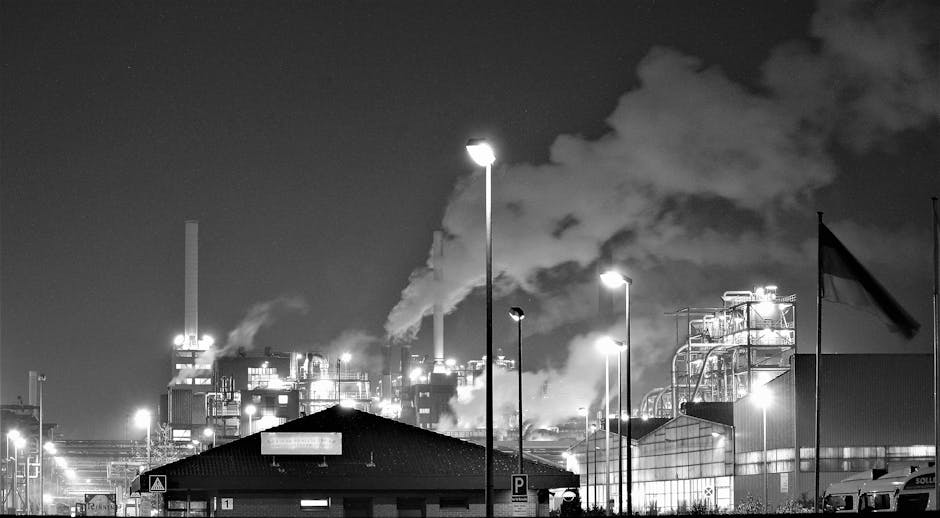Global warming, an undeniable and ominous threat to our planet, has become a prevalent issue that demands urgent attention. The scientific consensus is clear: human activities, primarily the burning of fossil fuels, are contributing to an alarming rise in global temperatures. This phenomenon is leading to a cascade of devastating consequences that are already being felt worldwide.
**Rising Sea Levels**
As the Earth's atmosphere warms, the oceans expand and glaciers melt. This expansion and melting contribute to a steady rise in sea levels. Coastal communities worldwide are facing increased flooding, eroding coastlines, and salinization of freshwater sources. The Intergovernmental Panel on Climate Change (IPCC) predicts that sea levels could rise by up to 1 meter by the end of this century, threatening millions of people living in low-lying areas.
**Extreme Weather Events**
Global warming is also exacerbating extreme weather events, such as hurricanes, floods, and droughts. Rising temperatures create more energy in the atmosphere, leading to more powerful storms and increased precipitation. According to the National Oceanic and Atmospheric Administration (NOAA), the United States has experienced a 40% increase in heavy precipitation events since 1958. These events can cause widespread damage, loss of life, and economic disruption.
**Heat Waves and Wildfires**
Heat waves are becoming more frequent and intense due to global warming. Extreme heat can cause heatstroke, dehydration, and cardiovascular problems, especially among vulnerable populations such as the elderly and children. Additionally, rising temperatures contribute to wildfires by drying out vegetation, making it more susceptible to ignition. In 2021 alone, wildfires burned over 22 million acres in the United States, causing billions of dollars in damage and releasing harmful pollutants into the atmosphere.
**Ocean Acidification**
The oceans absorb carbon dioxide from the atmosphere, which leads to acidification. Acidic waters can damage the shells and skeletons of marine organisms, particularly those that form the base of the food chain. This acidification threatens biodiversity and the livelihoods of millions of people who rely on seafood for sustenance.
**Health Impacts**
Global warming also has significant health implications. The World Health Organization (WHO) estimates that climate change will cause nearly a quarter of a million additional deaths per year by 2030. Heat-related illnesses, respiratory problems, and infectious diseases are all exacerbated by rising temperatures and extreme weather events.
**Economic Costs**
The economic costs of global warming are staggering. Climate-related disasters often lead to property damage, business disruptions, and infrastructure damage. The World Bank estimates that the cost of climate change could reach $100 trillion by 2050.
**The Path Forward**
Addressing global warming requires urgent action on multiple fronts. Transitioning to renewable energy sources, reducing emissions, and promoting energy efficiency are crucial steps. Additionally, investing in climate adaptation measures, such as building seawalls and improving disaster preparedness, is essential.
The consequences of global warming are dire, but it is not too late to take action. By working together, we can mitigate the effects of climate change and protect our planet for generations to come.

